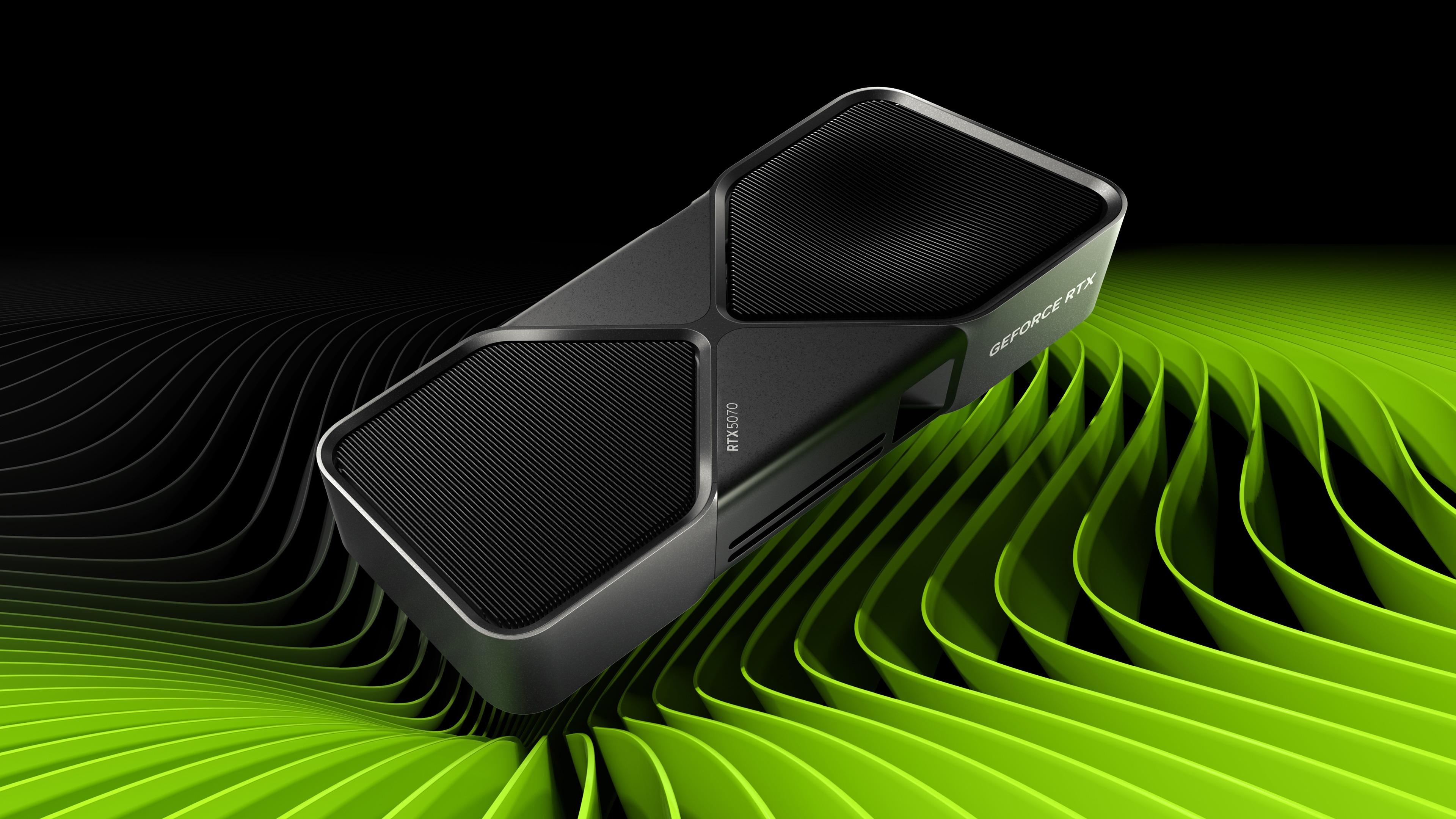RTX 5080 is 22% faster than the RTX 4080 per leaked benchmarks — falls short of the RTX 4090

RTX 5090 reviews are finally live, and the performance aligns with previously leaked benchmarks. The RTX 5080 is next in line and has been tested in Geekbench (via Benchleaks) across the OpenCL and Vulkan APIs, likely by a reviewer who inadvertently made the data public. The benchmarks suggest an up to 22% performance uplift over its Lovelace counterpart, which isn’t that exciting, but as always, take this leak with a grain of salt. Synthetic tests may not accurately reflect how the GPU will perform in real-world scenarios.
The system was equipped with the fastest gaming processor on earth, the Ryzen 7 9800X3D, for both tests. It packs eight cores and sixteen threads built using AMD’s Zen 5 architecture and features a large 64MB SRAM chiplet atop the CCD for 104MB of total L2+L3 cache. The CPU was slotted in MSI’s latest MPG 850 Edge Ti WiFi motherboard alongside 32GB of DDR5-6000 memory. We’ve gathered publicly available data at Geekbench’s OpenCL and Vulkan repository in a table for comparison.
The RTX 5080 scored 261,836 and 256,138 points across the Vulkan and OpenCL APIs, respectively. An interesting fact we noticed is that Blackwell GPUs offer better performance in Vulkan than OpenCL. With that in mind, the RTX 5080 lands 22% faster than the RTX 4080 in Vulkan. This lead drops to just 6%, switching the API to OpenCL. Traditionally, 80-class GPUs have beaten 90-class GPUs from the prior generation. Sadly, that seems to be no longer the case since the RTX 5080 trails the RTX 4090 by as much as 19%. Again, we’re just looking at synthetic performance, so don’t read too much into these numbers.
| GPU Name | OpenCL Score | Vulkan Score | % vs RTX 5080 (OpenCL) | % vs RTX 5080 (Vulkan) |
|---|---|---|---|---|
| RTX 5090 | 373463 | 366095 | 145.81% | 139.82% |
| RTX 4090 | 317436 | 267112 | 123.93% | 102.02% |
| RTX 5080 | 256138 | 261836 | 100.00% | 100.00% |
| RTX 4080 Super | 247399 | 221908 | 96.59% | 84.75% |
| RTX 4080 | 239859 | 214538 | 93.64% | 81.94% |
The RTX 5080 employs the GB203 die and features 10,752 cores (84 Streaming Multiprocessors), less than half the core count of the RTX 5090. It also offers 16GB of GDDR7 memory, the same as the RTX 4080. The 256-bit interface enables eight VRAM modules, which could have allowed for 24GB of memory had Nvidia opted for 24Gb (8GB) VRAM chips, like the RTX 5090 laptop.
Shipping manifests suggest Nvidia is working on a 96GB RTX Blackwell workstation GPU, likely using 32 24Gb modules in a clamshell configuration. Still, we won’t hear much about higher memory capacities until a possible RTX 50 Super refresh, but even that notion is far-fetched for market segmentation reasons. The RTX 5090 and RTX 5080 will hit shelves starting January 30. However, supply chain issues could limit initial availability and leave you at the mercy of scalpers.
#RTX #faster #RTX #leaked #benchmarks #falls #short #RTX
